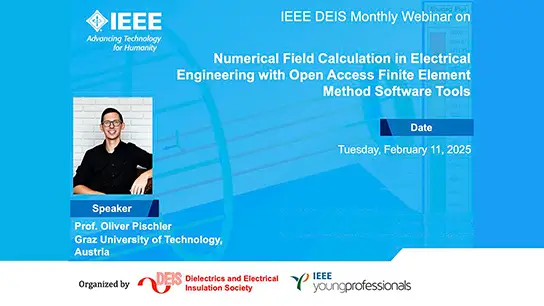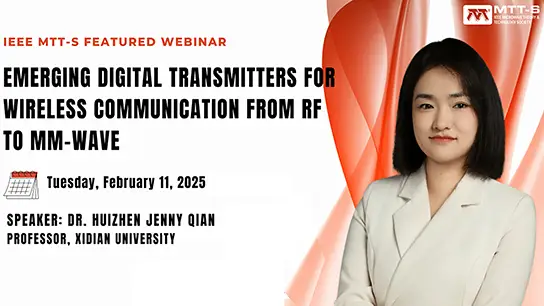Optimal Controllers to Improve Transient Recovery of Grid-Following Inverters Connected to Weak Power Grids
Thilini Hathiyaldeniye, Chandana Karawita, Bagen Bagen, Nalin Pahalawaththa, and Udaya D. Annakkage
-
Members: FreePES
IEEE Members: Free
Non-members: FreePages/Slides: 12
13 May 2022
Leading to the enormous growth in renewable and power electronics technologies and the global drive towards environmental friendliness and sustainability, a significant number of renewable energy sources are being connected to the power system via inverter-based systems. The inverter-based generations (IBG) have no stored energy and less fault current injection capability compared to the conventional synchronous machines. Consequently, a large penetration of IBG creates challenges to maintaining the stability of the power system, especially the transient stability. The weaker the power system, the higher the significance of instability. Few solutions exist in the literature to improve the fault recovery of IBG connected to weak power systems. This paper considers the method of storing energy in sub-module capacitors of the Modular-Multi-level Converter (MMC) along with temporarily boosting the inverter's current limit. Conversely, increasing the ratings of the inverter will result in high manufacturing costs. Hence an optimization strategy is proposed in this paper, for obtaining a robust set of inverter control parameters that enhances fault recovery without excessively increasing the manufacturing cost of MMC. A frequency scanning technique supplemented with Generalized Nyquist criteria is incorporated into the optimization methodology to constrain the search space for the optimization algorithm. This enables the optimization algorithm to converge to an acceptable solution with a reasonable computing time. Furthermore, validation of the resultant set of parameters for different system conditions is presented. Finally, IBG with optimized fault recovery controllers is integrated into a simplified real-world power system, and the applicability of the proposed optimized controllers is illustrated.


